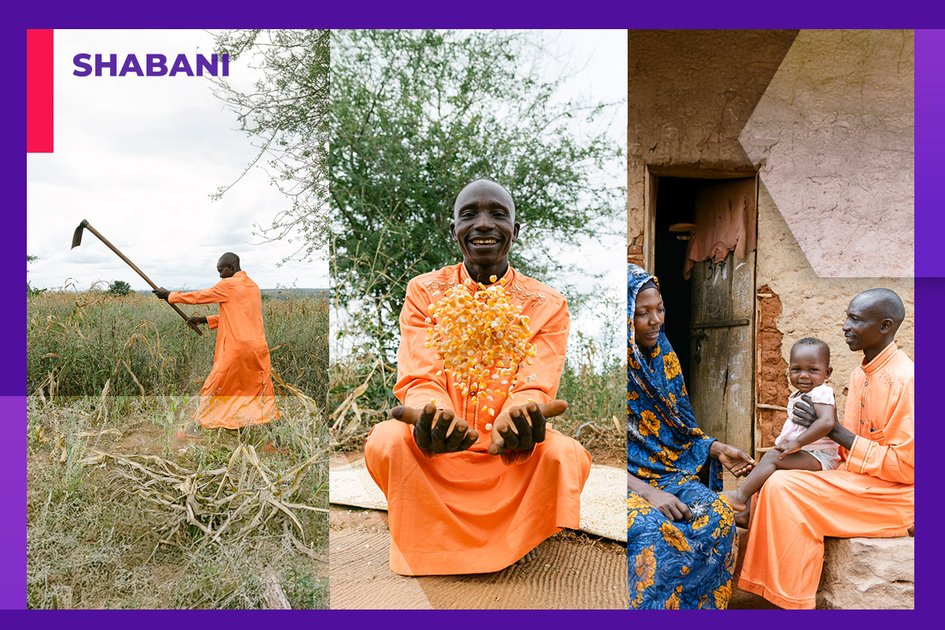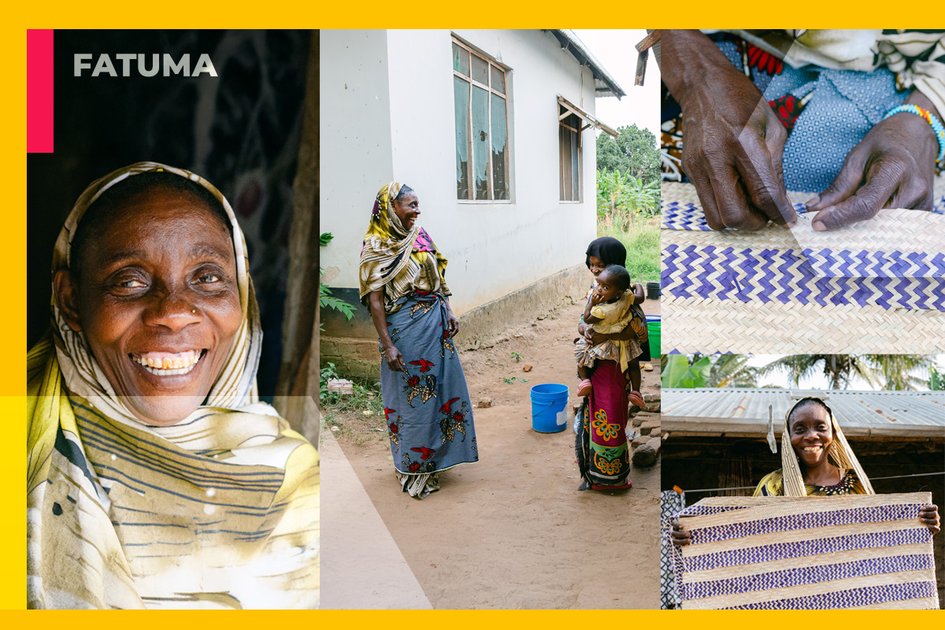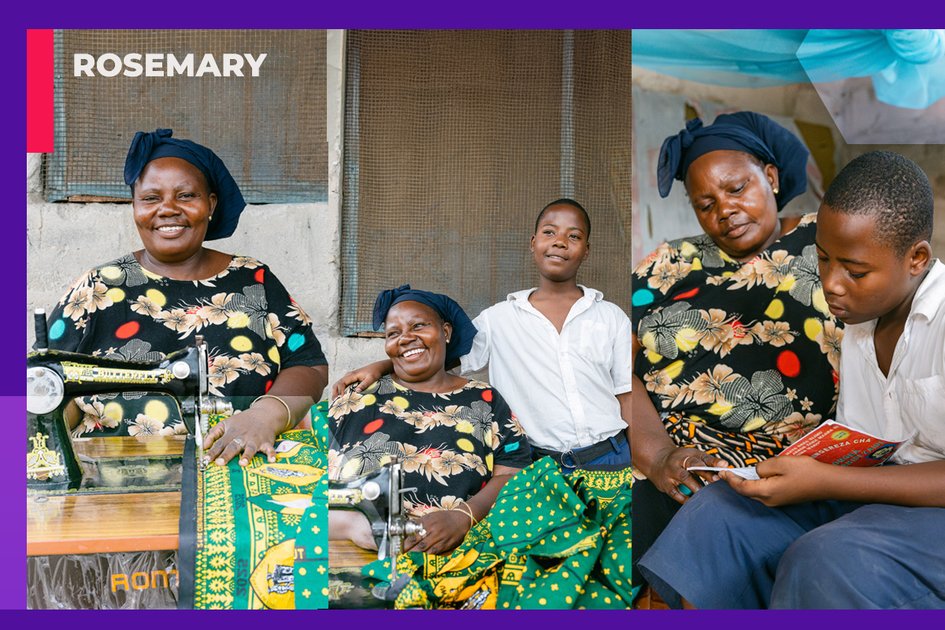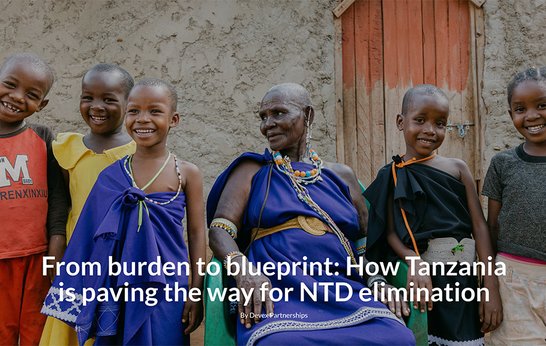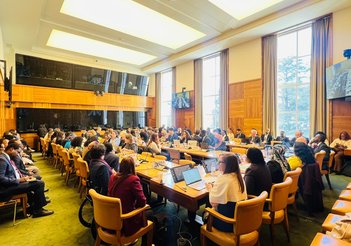Links to more content
-
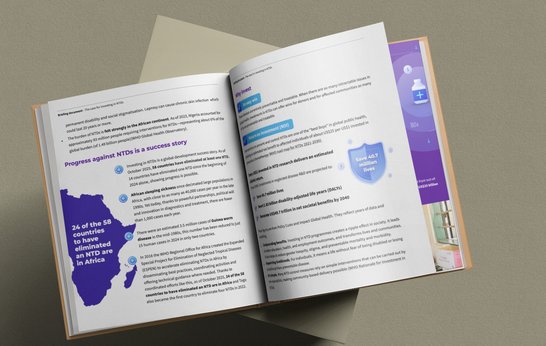
The Briefing Document
Click below for the briefing document to share with your networks on how investing in neglected tropical diseases delivers extraordinary returns.
-
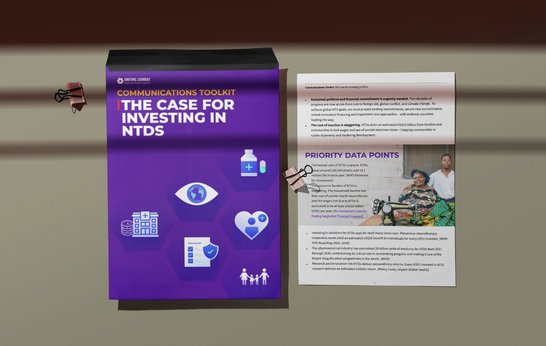
Communications Toolkit
Click below for our Communications Toolkit for key messages, data points, social media posts and downloadable graphics for social media.
-
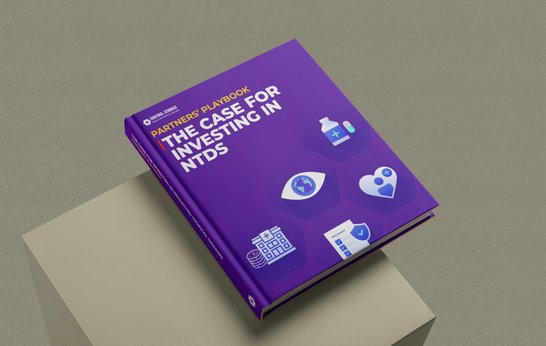
PARTNERS' PLAYBOOK
Click below for our Partners' Playbook.
Neglected tropical diseases (NTDs) affect more than a billion people worldwide, yet they are preventable, treatable, and increasingly being eliminated. But today, two decades of extraordinary progress are at risk. Cuts to foreign aid, shifting global priorities, and the growing pressures of global conflict, migration, and climate change are disrupting programmes, straining national budgets and threatening to reverse hard-won gains. At this moment, it is vital to re-assert the relevance of NTDs, to show how they connect to today’s most urgent global priorities and why they remain one of the best investments in health.
Eliminating NTDs delivers extraordinary returns: restoring health, strengthening education, boosting productivity, advancing gender equity, and building safer, more resilient societies.
Ending NTDs builds a safer and more resilient world for everyone. Sustained investment in NTDs has compounding benefits – it strengthens global health security, creates healthier and more equitable communities, drives stronger economies and creates safer, more stable societies. Domestic ownership and financing of NTD programs are increasing, laying the foundation for long-term sustainability. Investing in better tools, systems, approaches and partnerships helps countries move closer towards independence from external aid. Sustained political and financial commitment is urgently needed. Two decades of progress are now at risk from cuts to foreign aid, global conflict, and climate change. To achieve global NTD goals, we must protect existing commitments, secure new commitments, unlock innovative financing and implement new approaches – with endemic countries leading the way.
Impact stories from our partners
Links to more content
-

Durham University
Sam’s story: cutaneous leishmaniasis
-
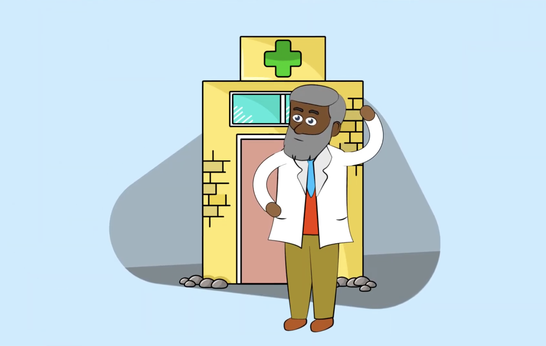
Durham University
Cutaneous leishmaniasis: The patient experience
-
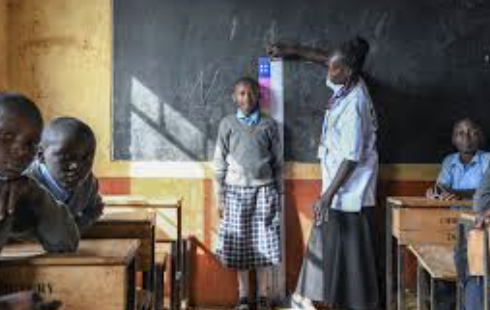
Sightsavers - Blog Post
100 million stories of hope | Neglected tropical diseases. Originally filmed as part of a comms campaign to celebrate 100 million people no longer at risk from NTDs.
-
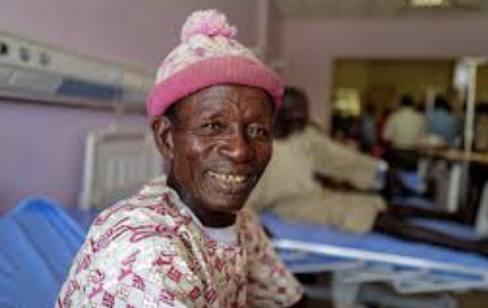
Sightsavers - Blog Post
Reaching the Last Mile Fund is advancing health equity in Africa
-
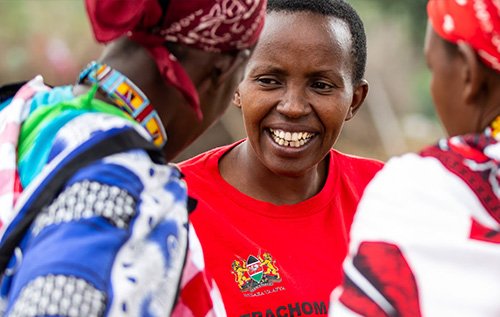
Pfizer - The Guardian news article
The quest to save sight
-
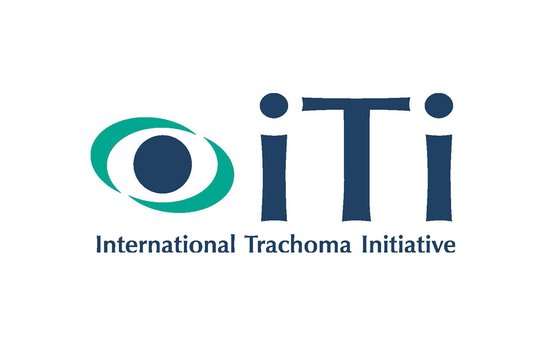
International Trachoma Initiative
The International Trachoma Initiative (ITI) was founded in 1998 in response to the World Health Organization’s (WHO) call to eliminate blinding trachoma.
-
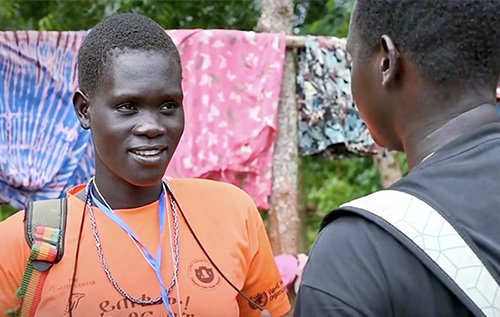
The Carter Center
The Carter Center volunteers like Abang Akway are working to stop Guinea worm transmission in Ethiopia
-
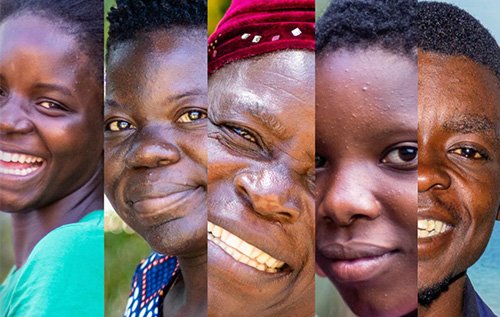
TIBA
Neglected Tropical Diseases (NTD) Affected Voices is an inclusive programme for amplifying the voices of people living with morbidity, disability and disfigurement from neglected tropical diseases
-

WHO
Global report on neglected tropical diseases 2025 – Stronger together, towards 2030
-
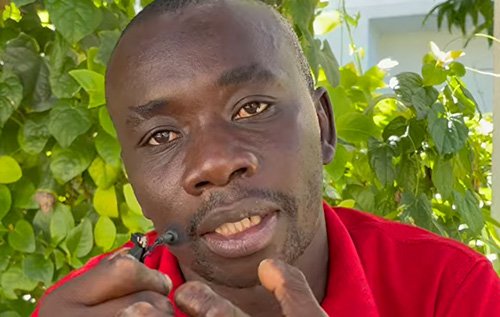
The Leprosy Mission International
A digital takeover of The Leprosy Mission International’s channels from people affected by Leprosy — #OPLtakeover
-
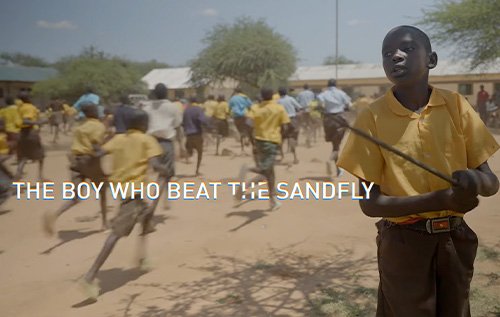
DNDI (Drugs for Neglected Diseases initiative) - Youtube
A champion to his schoolmates in Kacheliba, in Kenya’s West Pokot County, where he has led their football team to victory. A champion to his parents, who support his dream of becoming a doctor. And a champion to his community, who have seen that it actually is possible to overcome visceral leishmaniasis
-
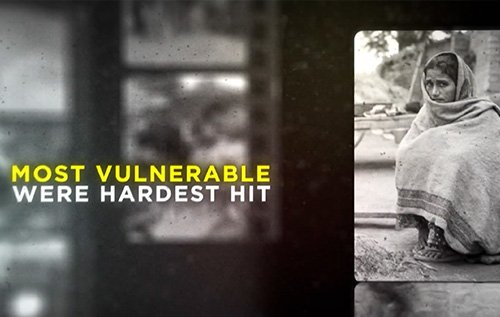
DNDI - Youtube
Road to Elimination of Kala-azar in South Asia — Video of South Asia’s powerful story of partnership, perseverance and progress towards elimination of VL
-
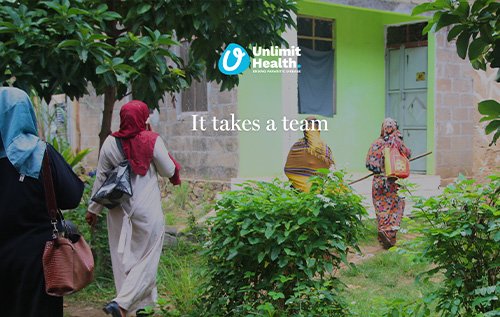
Unlimit Health
It takes a team — This photo story is a window into some contributions of Zanzibar’s health workers in NTD elimination efforts
-
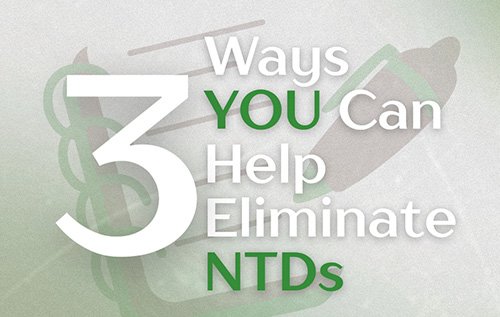
Global Alliance for NTDs Elimination - GANE
3 ways you can help eliminate NTDS
-
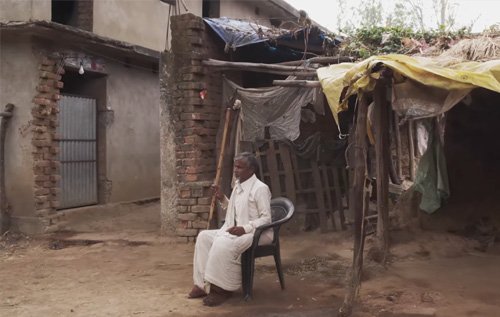
Effect Hope
Meet Virendra | The Man Who Refused to Give Up — Video about a man affected by LF in India
-
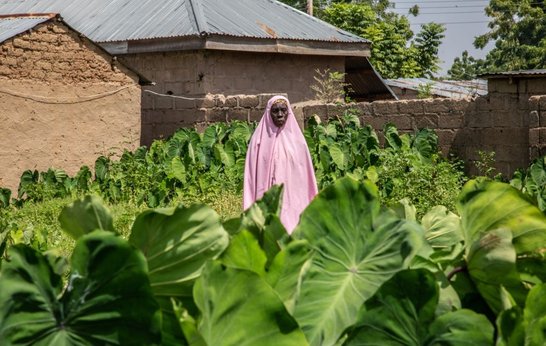
The END Fund - Report
Ending the Neglect: Cost-Benefit Analysis of Eliminating Neglected Tropical Diseases in Nigeria by 2030.
-
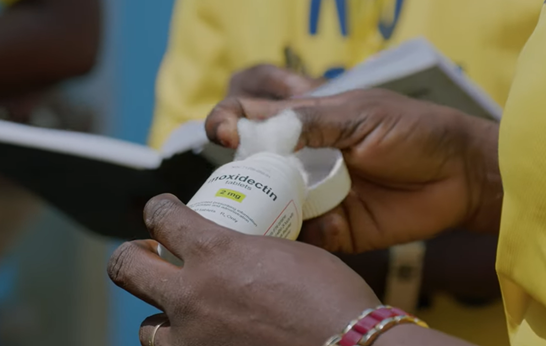
Medicines Development for Global Health - Momentum Project
This short film documents the first use of moxidectin in community-based mass drug administration (MDA) for river blindness, which began in Ghana in January 2025.

